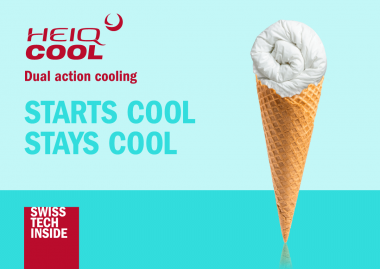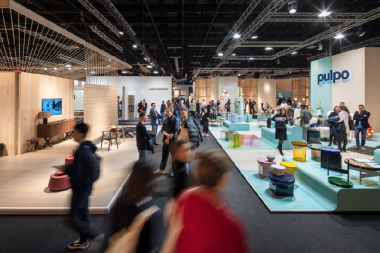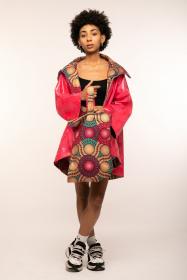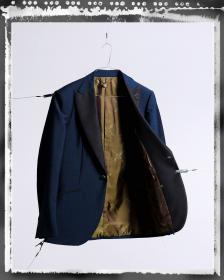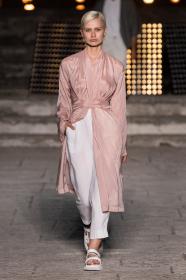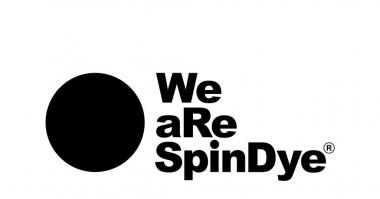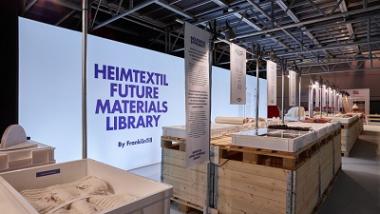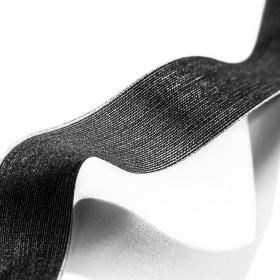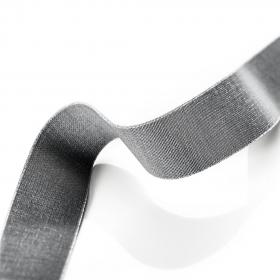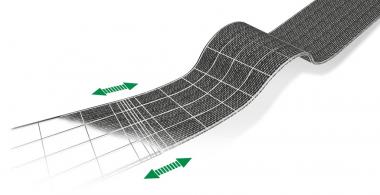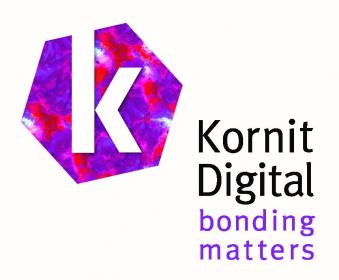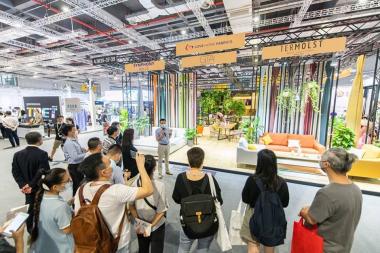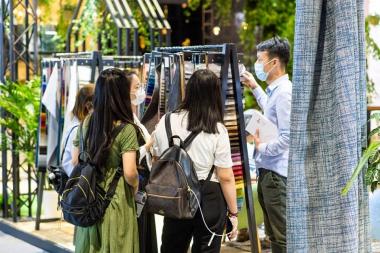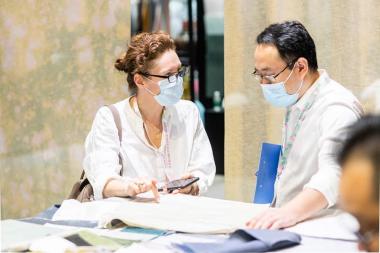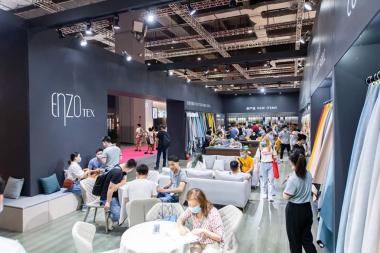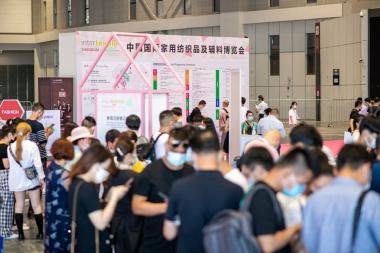HeiQ Launches World’s First Dual Action Textile Cooling Technology
HeiQ announces the launch of HeiQ Cool, the world’s first textile technology to deliver both instant contact cooling and continuous evaporative cooling.
Addressing the importance of body temperature control, whereby both overheating and feeling chilly are problematic, HeiQ Cool powered fabrics constantly regulate the skin temperature with a dual cooling capability. In a first step, melting energy absorption delivers instant contact cooling before the first sign of sweat and delays the build-up of heat, followed by a vaporizing energy action that mimics the skin’s thermal regulating system by providing continuous evaporative cooling as long as the body is hot and sweaty. Suitable for all fabrics, the initial launch focuses on home textiles, especially sleeping products such as mattress ticking, pillows and bed linen because of its clear benefit to help users get a good night’s sleep. It cools before the first sign of sweat, delays the build-up of heat and continuously regulates the temperature. Instantly cool to the touch, the components synergistically recharge the surface layer ensuring a consistently cool, dry and comfortable body climate.
USDA certified biobased dual action cooling textile technology
The biobased vegetable oil-derived thermo-functional polymer absorbs heat energy, giving an instant cooling sensation. If the body continues to heat up, perspiration is generated and the patented hydro-functional polymer transports moisture away together with the heat, creating a continuous cooling effect that stops once cooling is complete. The combination of a hydro-functional polymer with biobased vegetable oil-derived thermo-functional polymer formulation of HeiQ Cool contains more than 50% USDA® certified biobased content. It is also OEKO-TEX class 1 suited and meets most brand RSL (restricted substances list) requirements.
HeiQ


